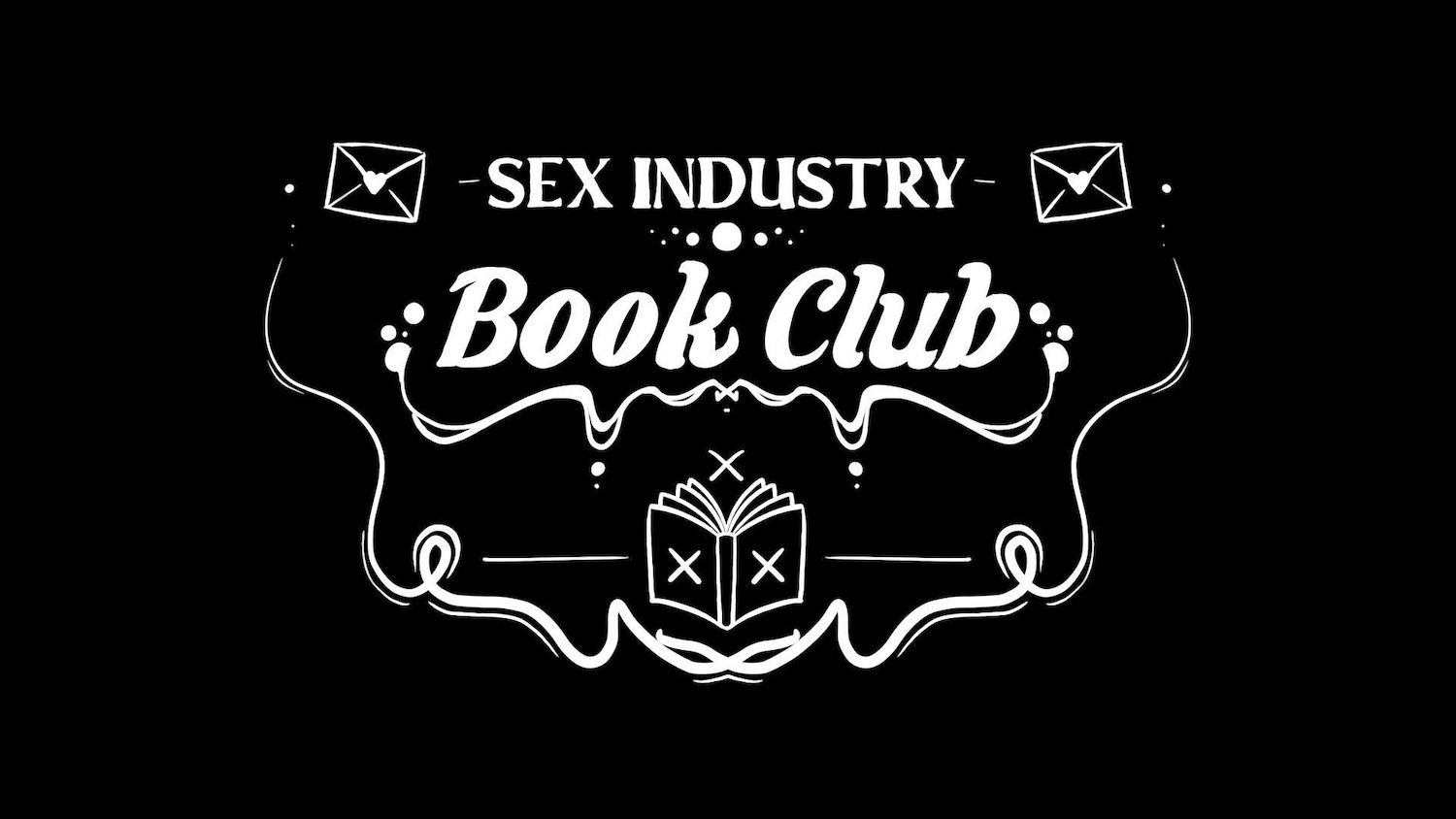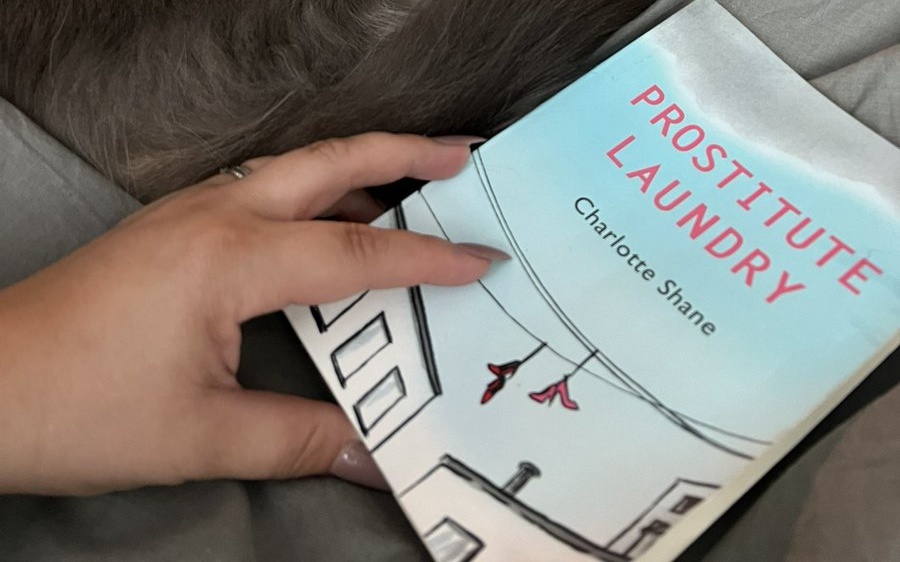
what i’m reading
As you may have noticed, last week I took a much-needed break from writing. I hope you missed these weekly musings just enough that you’re excited to see another. I’m happy to be back!
This week, alongside The Sex Industry Book Club podcast (which you should absolutely check out if you’re into reading and talking about thinking about books!), I read Charlotte Shane’s Prostitute Laundry, a serial memoir about love, sex, money, and identity.
While I started sex work in my mid-30s, Shane started at 20, making her relationship to sex work—and sexuality itself—different than mine. Since her experiences both inside and outside of the industry don’t mirror my own, I found it to be a very interesting read (after all, one of the best things about reading is being thrust into a world that looks very different from your own).
While I spent my 20s, for example, raising young kids in the suburbs, Shane was traveling, making money, and living in urban settings—bouncing between relationships and clients. In some ways, my life now (in my 40s), more closely resembles hers than it did when I was the same age as she was in the book.
And yet, the further I got into the book, the more I recognized the overlapping themes between our lives: the drive to write in order to understand our experiences, the complexity of moving between work sex and personal sex, the longing for adventure, the desire for love, the ambivalence about living up to expectations. These themes are all too human, regardless of what we do for work or the circumstances of our lives.

As a writer myself who often shares intimate details of my life, work, family, and feelings, one of the things that I appreciated most about the book was the reflective way in which she interrogated her desire to not only write but to share her writing publicly. She quotes Maggie Nelson, one of my favorite writers, who admits, “Clearly, I am not a private person.”
In Shane’s own words, “I know I write down my life because I want to read it. I want to remember. I want to understand. But then why make it available to others?” Indeed, there is something quite distinct between the journaling that is done in the privacy of one’s own home, and the writing that gets published online and broadly distributed. As sex work writers, the stakes of this form of disclosure are even higher given that we are all wading in a whorephobic soup, wherein our words can—and often are—used against us.
Shane quotes Goethe, who talks about his own writing as a means of turning his youthful suffering into “public property.” But perhaps this is what makes the writing, for sex workers such as Shane and myself, seem natural—after all, being a writer isn’t that much different than being a whore.
As sex workers, our bodies are already public property. They belong to us, of course, but they are public in a way that other bodies are not (with the arguable exception of perhaps celebrities and professional athletes). They are our product, our commodity, and the vehicles through which we relate to clients. Indeed, historically, the word whore was in part derived from the notion of a “public woman,” a woman who operated in public spaces, who was not relegated to the private realm of marriage and family in the way that civilian women historically would have been.
To sit with Shane’s words, life, and experiences this week was to reflect on my own. More importantly, it was to reflect on what I do when I take those experiences (along with my body) and make them public.

what I’m thinking about
Yesterday I got Ocean Vuong’s book of poetry, Time is a Mother, in the mail. I ordered it after hearing him give an interview about his writing and teaching on the radio.
Listening to him talk about the power of language and words was particularly interesting against the backdrop of his identity as a Vietnamese-American immigrant whose mastery of the English language was hard-won—whose parents, in fact, do not speak English.
In the interview, Vuong said, and I’m paraphrasing from memory here, “We often tell our students, the future is in your hands. But I think the future is actually in their mouths. You have to articulate a world you want to live in first.”
This turn of phrase is so profound that I have been chewing on it all week. We cannot create something that we cannot clearly articulate both for ourselves, and for those we share community with. Going back to Shane, perhaps this is also a reason that those of us who write—who spend so much time carefully crafting and articulating our visions of ourselves and the world—feel compelled to share those words, to utter them in public. Perhaps not being a private person, in Nelson’s words, isn’t such a bad thing; perhaps privacy is a hindrance to creating the kind of world that we want to inhabit.

what I’m excited for
As some of you who are close to me know, I have been working pretty intensely on a book for the last year or so. Doing the sort of internal work that such a project requires is exhilarating, but also exhausting. I’m not an etymologist, but there must be a reason that these two words are strikingly similar, despite the fact that we usually put them in juxtaposition. Perhaps they are two sides of the same coin.
I took the second half of June completely off from working on my book in order to clear my head for my next writing push. I’ve been working, weeding my garden, organizing my closet, and spending time with family and friends. It has been important for my overall well-being.
I guess what I’m excited about is one more week free from my book, and then also diving back in on July 1 with renewed energy.
availability & booking
Until the weekend of the 4th of July, I will be in Pittsburgh taking local bookings. I will be announcing summer travel as it comes up, but until that happens, except me to have my feet on the ground here in the Steel City for at least a few weeks. Hope to see some of my favorite locals soon!
xo
